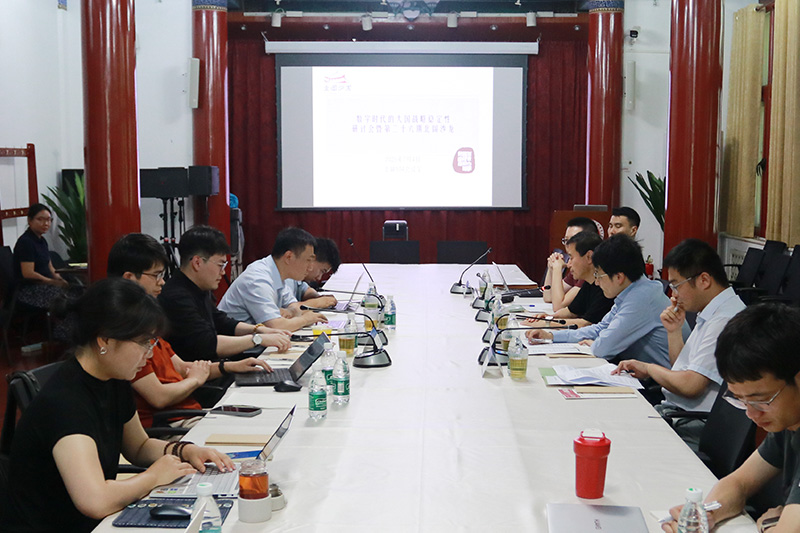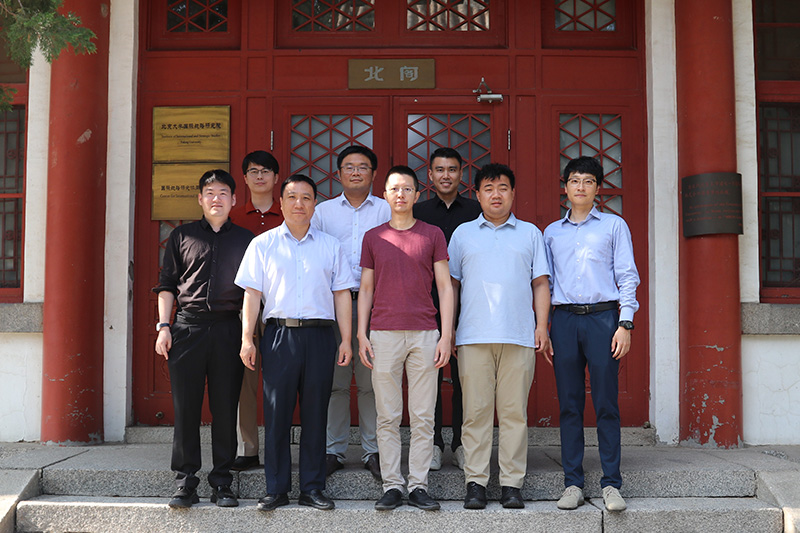On July 4, 2025, the Institute of International and Strategic Studies (IISS), Peking University (PKU) held a seminar titled “Great Power Strategic Stability in the Digital Age” at North Pavilion, which also marked the 26th session of the North Pavilion Salon.

The seminar brought together experts and scholars from the Chinese Academy of Social Sciences, Peking University, Renmin University of China, China Foreign Affairs University, and other universities and research institutions for in-depth discussions.Associate Professor Guan Guihai from IISS, PKU, attended the meeting and delivered a speech. The seminar was chaired by Yang Nan, Associate Research Fellow at the Chinese Academy of Social Sciences.
The “North Pavilion Salon” aims at promoting deepened dialogue between theoretical and policy research, providing a platform for exchange of ideas among young and middle-aged scholars. The participating experts focused on great power strategic stability in the digital age, with discussions centering on strategic stability theory, changes in the strategic landscape generated by new technological revolutions, and the conditions for strategic stability in the context of emerging technologies. Topics included nuclear strategy, shifts in deterrence models, lifecycle risk governance of military artificial intelligence, China–U.S. strategic competition, U.S.–NATO relations, public attribution of cyberattacks, and the role of intelligence in shaping strategic stability. They pointed out that against the backdrop of global changes, a power transition is occurring between China and the United States, leading to new dynamics in strategic stability. The widespread application of artificial intelligence is expected to alter the conditions for strategic stability. They further emphasized that while traditional strategic stability theory still holds explanatory power in the context of new technologies, it is now crucial to focus on maintaining a balance between technological innovation and strategic stability in today’s changing landscape of strategic stability.

Editor: Li Fangqi Photographer: Zheng Huaizhou

